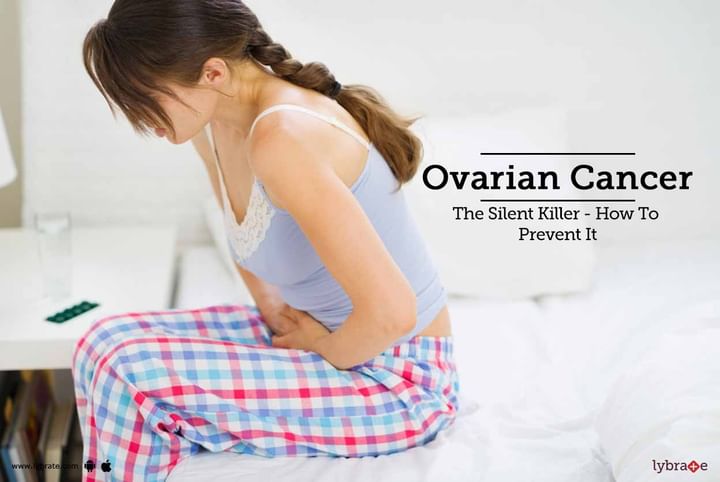Ovarian Cancer - The Silent Killer!
Cancer is that word that many people dread to hear, yet it is a real scourge and can have deadly effects. One such type of cancer is ovarian cancer, which claims countless lives in India every year, yet is not talked about because of social taboos. Because cancer cells are regular cells whose growth is uncontrolled, it is important to know what ovarian cancer is, what causes it, and how to prevent it.
Ovarian cancer is cancer of the ovarian cells. Ovaries are the reproductive glands containing eggs, which only women have. Women usually have one ovary on each side, and the ovaries produce the hormones estrogen and progesterone, which is necessary for ovulation and pregnancy to occur. Three different cells comprise the ovaries, all of which can develop cancerous (malignant), and non-cancerous (benign) tumors. The cells covering the ovarian walls are called epithelial cells, which can become cancerous - most types of ovarian cancer are epithelial. Germ cell cancer grows in the cells producing the eggs, and stomural cancer grows in the cells that hold the ovaries together and produce reproductive hormones.
The good news is that in the majority of cases, the tumors are benign and never spread (metastize). These tumors are non cancerous and can easily be removed. Malignant tumors, however, are cancerous. These can, and often times, do spread to other parts of the body (metastize) and can kill the women having them.
A risk factor is any action people take to increase their likelihood of getting a certain type of cancer. With ovarian cancer, age is a big factor, with older women more likely to develop this type of cancer than younger women. Ovarian cases are rare in women under age 40, with the bulk of patients being post-menopausal. About 50% of ovarian cancer cases are in women who are 63 or older.
More obese women (those with a BMI of 30 or higher) are more likely to develop ovarian cancer than skinnier women. Women who had a successful pregnancy before age 26 are less likely to develop ovarian cancer. By contrast, women who had their first kid after age 35, or who have never had children, are more likely to develop ovarian cancer.
Also, while there is no direct correlation, there is thought to be a link between breastfeeding and lower rates of ovarian cancer.
Women who use oral contraceptives have a lower risk of developing ovarian cancer. The risk lowers dramatically after 3-6 months of using the pills, and remains low long after the pills are taken, or even stopped.
Also, getting a tubal ligation, or having a hysterectomy lowers the risk of developing ovarian cancer.
While there is no known cause of ovarian cancer, certain women carrying the BRCA1 and 2 genes will develop ovarian cancer, so it can be genetic.
Most women only have one risk factor for ovarian cancer, which in itself is not significant. However, since no woman wants to develop this type of potentially deadly cancer, she needs to know how to prevent it. Taking oral contraceptives for a long period of time has been shown to lower the risk of ovarian cancer. Tubal ligation has also shown a decreased risk.
While there is no one magic bullet for completely preventing ovarian cancer, lifestyle choices can definitely mitigate one’s risk of developing this dangerous cancer. In case you have a concern or query you can always consult an expert & get answers to your questions!



+1.svg)
